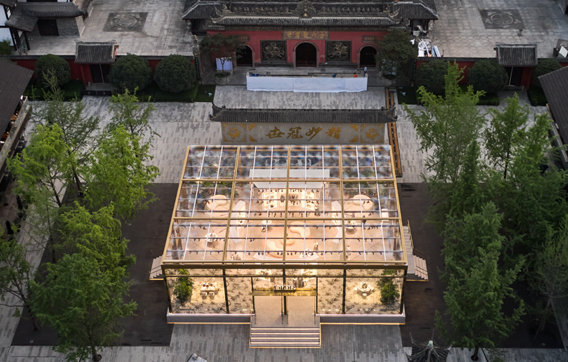The mammoth tasks of organizing and hosting international sporting events such as the Olympic Games or the FIFA World Cup have always presented unique challenges, not least of which is the often-wasteful construction of infrastructure. A study by Oxford University found that the Olympic Games held between 1960 and 2016 have overrun their budgets by an average of 156%. More concerningly, many of these costly, specially constructed venues often end up abandoned after the games, contributing to environmental waste and financial loss.
Enter RÖDER, an international specialist in modular architecture with over 60 years of experience. RÖDER offers an innovative and sustainable alternative to traditional construction methods for event infrastructures.
Brazil World Cup 2014 vs London Olympics 2012: A Tale of Two Cities
The World Cup in Brazil in 2014 provides a poignant example of the problems associated with traditional construction. While the event was hailed as a success, many of the venues built for the event have struggled to find post-Olympic use.
In contrast, the London Olympics 2012 showcased a more sustainable approach. The Water Polo Arena was one of the largest venues ever built using a largely temporary, modular approach. After the games, the structure was deconstructed and over 65% of the materials were reused in other locations.
RÖDER’s SolutionRÖDER’s modular construction system offers an efficient and environmentally friendly alternative to traditional building methods. The components are pre-manufactured off-site and assembled at the event location, significantly reducing construction time, complexity, and waste.
Furthermore, RÖDER structures are designed for longevity and flexibility. These structures can be easily disassembled, moved, and reconfigured for different purposes, ensuring that the resources invested into creating these spectacular venues do not go to waste once the event is over. In fact, over 95% of the structure can be reused.
This approach does not only apply to sporting events. RÖDER’s modular architecture can also be utilized for large-scale exhibitions, corporate events, and warehousing, providing cost-effective and sustainable solutions across various industries.
RÖDER: Architecture for the FutureThe construction industry has long been criticized for its environmental impact. With companies like RÖDER championing sustainable, modular architecture, we may be witnessing a crucial turning point. As we look to the future, the move towards sustainable and adaptable structures could well be the game-changer in event infrastructure construction.











